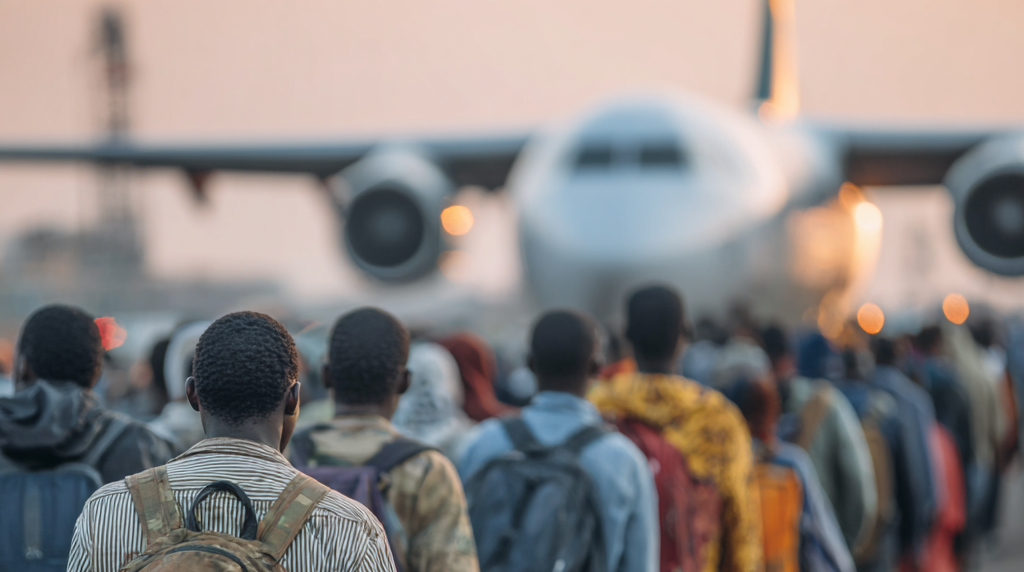The ongoing discourse on free movement within the Caribbean has intensified, with Barbados and three other nations spearheading efforts toward full implementation. However, this ambitious initiative raises critical questions about whether the process aligns with its lofty promises. The journey toward regional integration began in 1965 with the establishment of the Caribbean Free Trade Association (CARIFTA), aimed at fostering economic ties by reducing trade barriers. This evolved into the Caribbean Community (CARICOM) in 1973, formalized by the Treaty of Chaguaramas, which sought deeper integration across labor, services, capital, and policy coordination. The CARICOM Single Market and Economy (CSME), introduced in 2001, further advanced these goals by enabling the free movement of skilled workers and businesses across member states. Despite these strides, the CSME’s implementation, now 24 years old, remains fraught with inefficiencies. While CSME travelers can enter partner countries without work permits, their passports are stamped to prohibit employment, forcing many to navigate lengthy regularization processes. One applicant reported spending over four weeks securing necessary documentation, during which they were unable to earn income or contribute to the host country’s economy. These delays not only burden travelers but also deprive recipient countries of immediate economic benefits. Challenges extend beyond employment, with difficulties in transferring funds and accessing essential services further complicating regional integration. To address these issues, experts suggest conducting surveys of early travelers to identify pain points and inform policy adjustments. Additionally, establishing a centralized communication system between countries could enhance transparency and coordination. Streamlining subsidiary processes, such as bank account creation and insurance registration, would also alleviate the hardships of inter-island travel. With thoughtful planning and execution, the free movement initiative can achieve its potential, fostering greater regional unity and prosperity.
